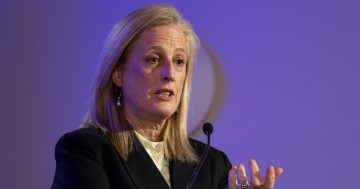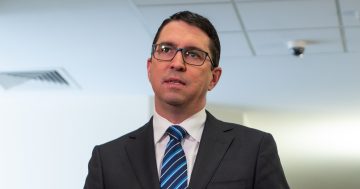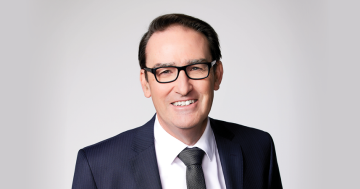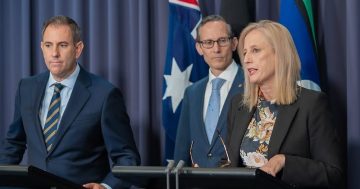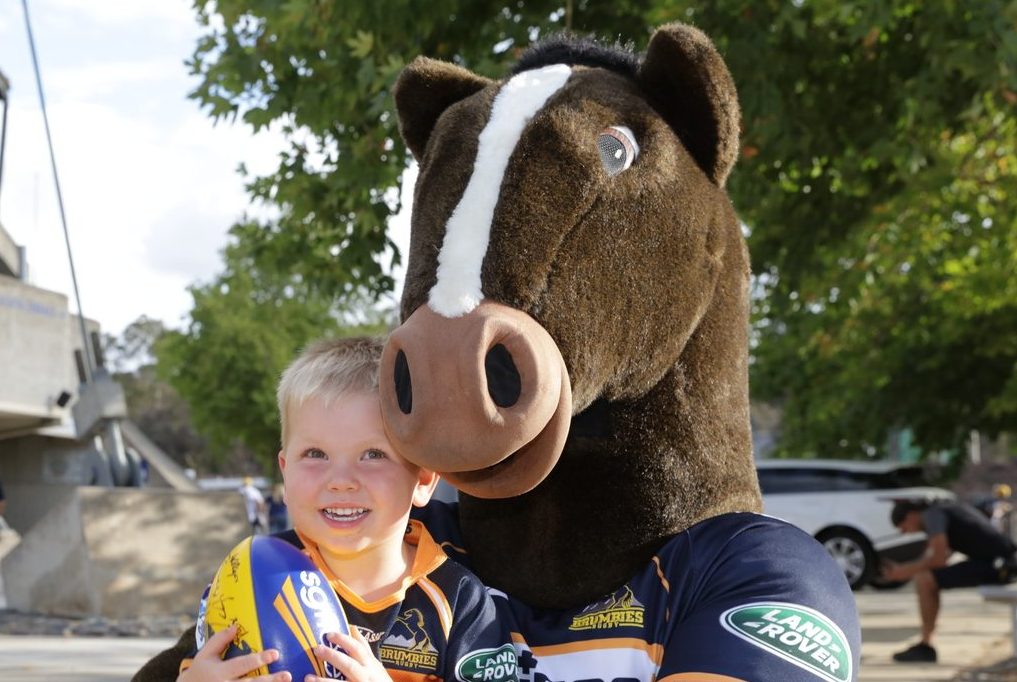
You never know where a public servant might pop up! Photo: Thomas Lucraft.
Should we put a human face on the APS?
When I was an advocate for small business, I spent a lot of time getting policymakers to understand that a small business was a person or family – not a statistic. This was important for designing sensible processes and apt communications.
I also spent some time pointing out that our public service was one of the best in the world – not perfect, but top shelf all the same. I also pointed out that public servants should be respected.
There is currently a census of the federal public service taking place. What questions will it ask? What will that census tell us?
As a federal public servant, I worked in communities throughout NSW and then moved to Canberra to work on national labour market reform, among other issues.
I travelled to many communities throughout Australia, setting up mechanisms for dealing with changing industry and employment conditions.
After about 18 months in Canberra, it dawned on me that I wasn’t actually connected to my local community in Canberra the same way I had been in the regions.
In Goulburn, Inverell, Albury and places in between, I understood the local labour market and the local community. I participated in the community through committee representation in many various associations; my kids went to the local schools, I coached sports teams, and I was often in local media.
I realised in Canberra that my focus was not on my community, and it never would be from a professional sense. I understood the economy of Geelong, for example, more than I did Canberra. I travelled a lot, and participating locally became more problematic.
That is the way it is, I suppose. The public servants in the ACT public service would deal with the local economy. But it still felt odd, and I felt somewhat detached.
Eventually, when I left the public service, I became more involved in the Canberra community through businesses and board membership. I also coached the Canberra University’s women’s soccer teams for a few years (they won three premierships during that time, thank you).
Then I looked back at my time in the service and realised that people in Canberra contribute and participate locally. This is the same for the APS based outside Canberra – in places like Perth, Moonee Ponds, Penrith and so forth.
The APS census should probably gather that information. It would be good to inform others about what public servants individually put back into community, that they do have an understanding beyond work. The information would be handy, showing they are part of the broad community rather than just a part of their closed work community.
I know federal public servants of all levels, from junior APS to ELs and to the SES, who do good or very interesting things outside work. Why not put a human face on our public servants by highlighting those activities?
I would be very interested to know how many operate businesses on the side. I think you’d have to ask that anonymously as many would not like to admit that fact – and I have heard of those who do private business work while on public sector time which may be entrepreneurial but is also not OK.
Running a business while being a paid employee of another business, or public service, is unethical (and probably a sackable offence). But having said that, it would be excellent to know just what business they’re running.
Some are in rock bands, drama societies, or other fun sets. There must be people who coach sports teams, actively participate in sport or are members of the Raiders or Brumbies – or (disappointingly) some other non-Canberra-based club. I know the fabulous ‘Brumby Jack’ is also in the APS – go Brumbies!
How many APS members are treasurers on non-profit boards, or presidents of associations, or referees or umpires on weekends and at night? Do any participate in disability support services as volunteers? I’m sure lots do. Collecting that information can help remove that ‘faceless’ image that is often presented through media.
Mind you, there are some who are indeed remote from reality – we all know who they are, don’t we?
Peter Strong was a Canberra business owner and CEO of the Council of Small Business Australia (COSBOA) for 11 years. He now consults on community economics.
Original Article published by Peter Strong on Riotact.


